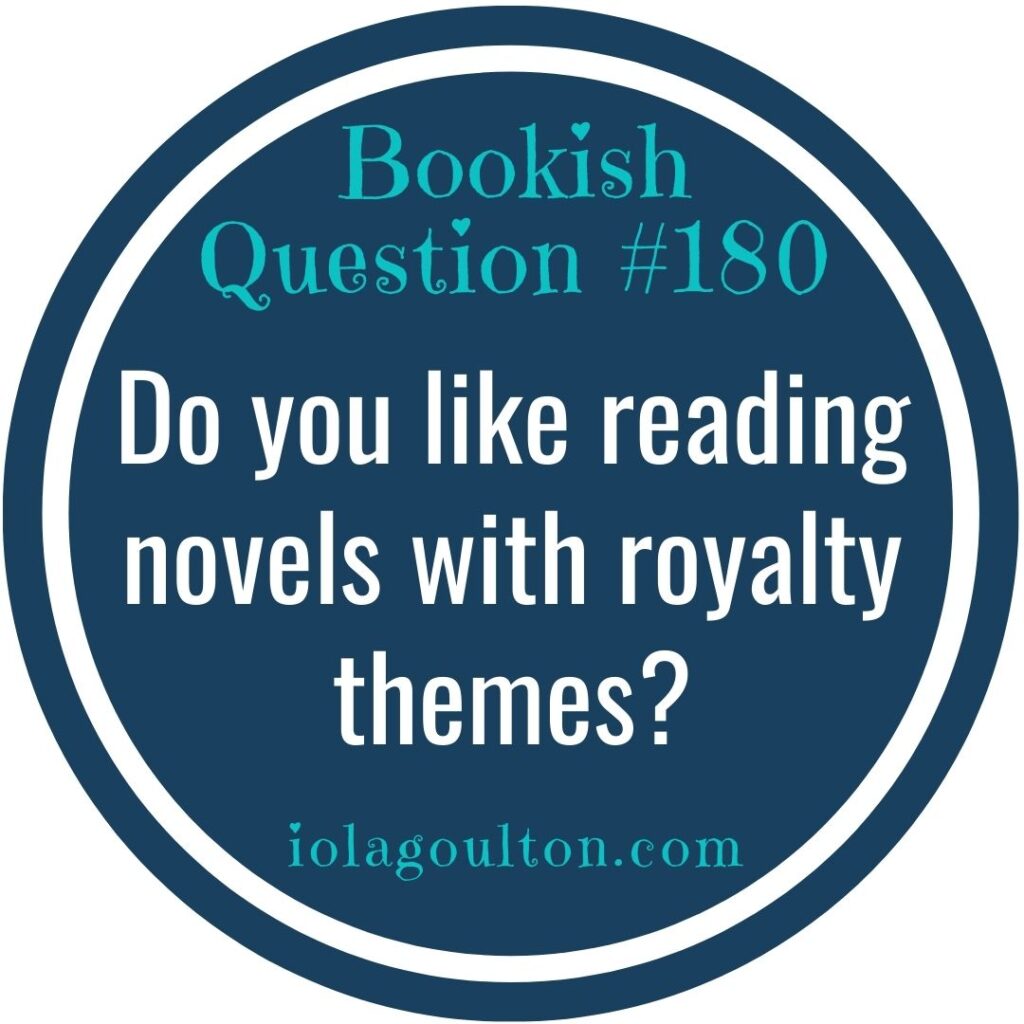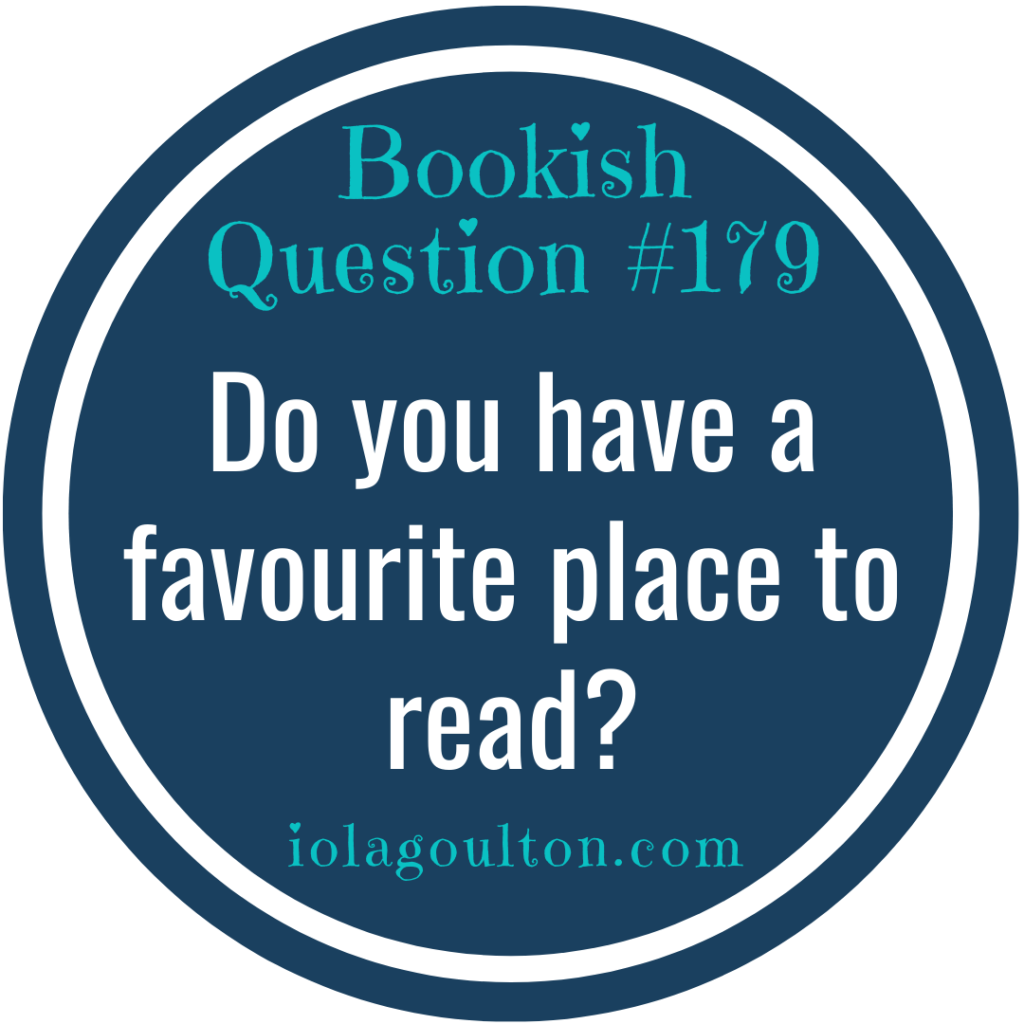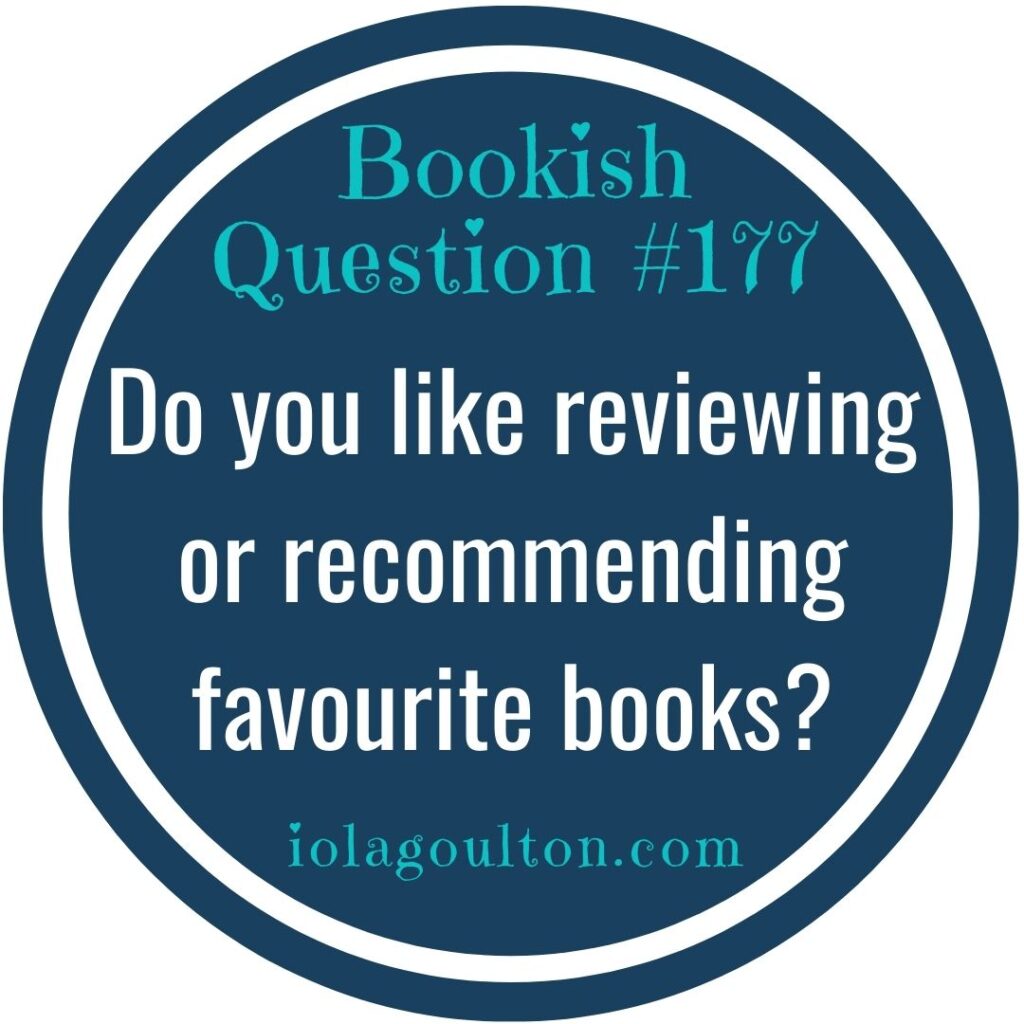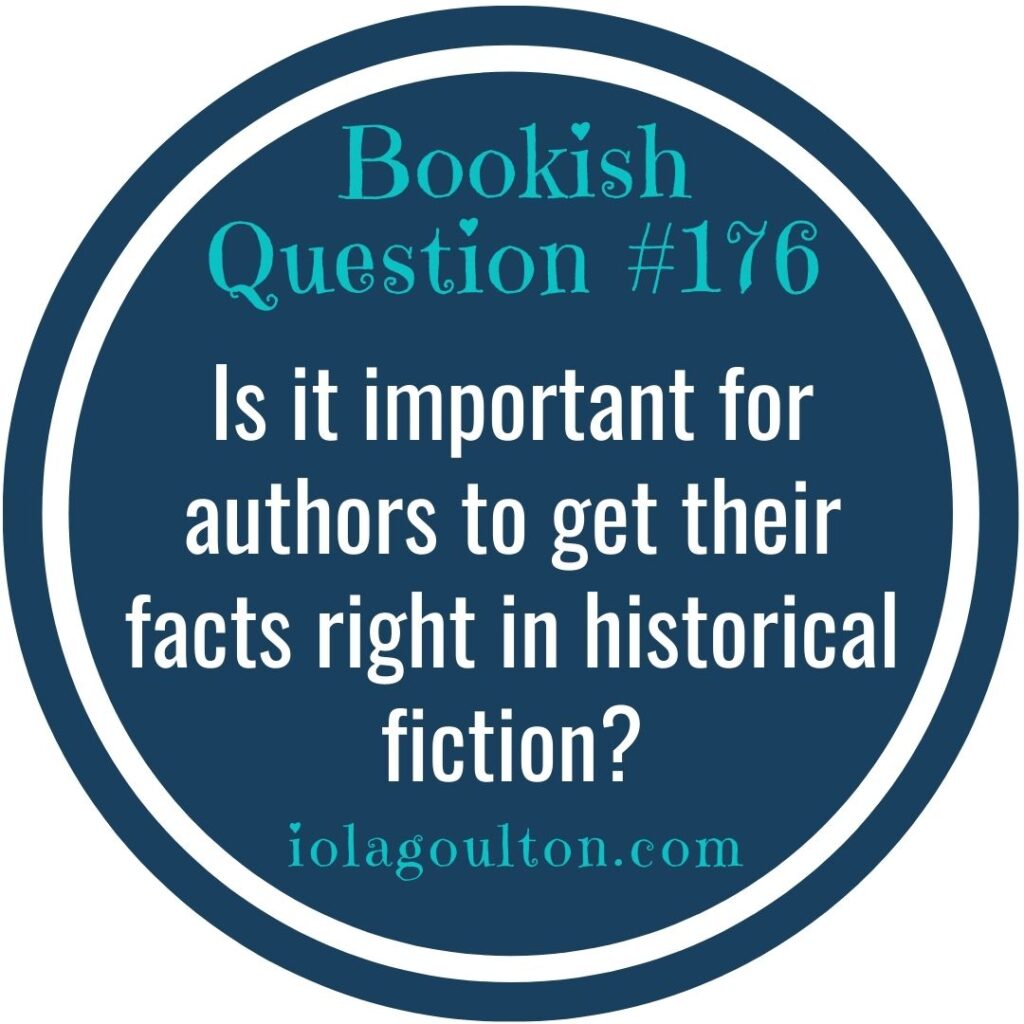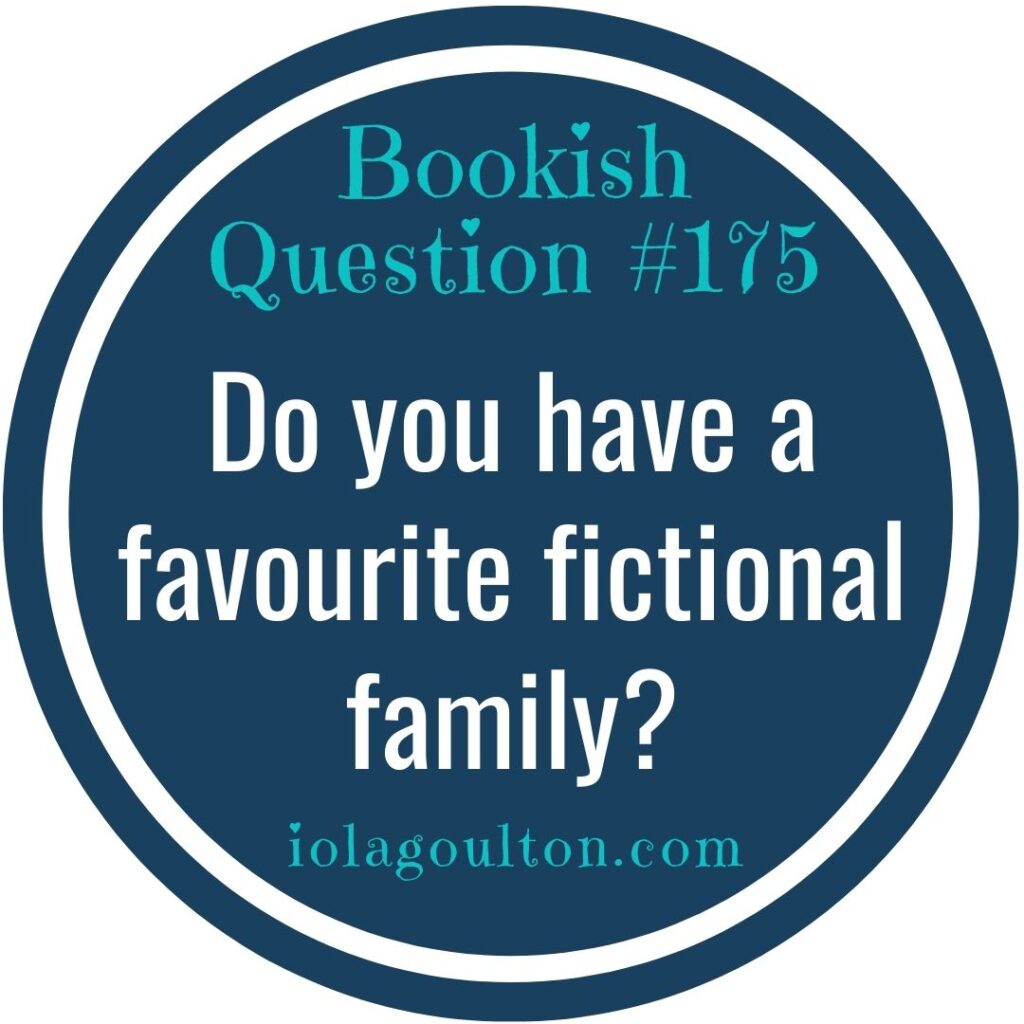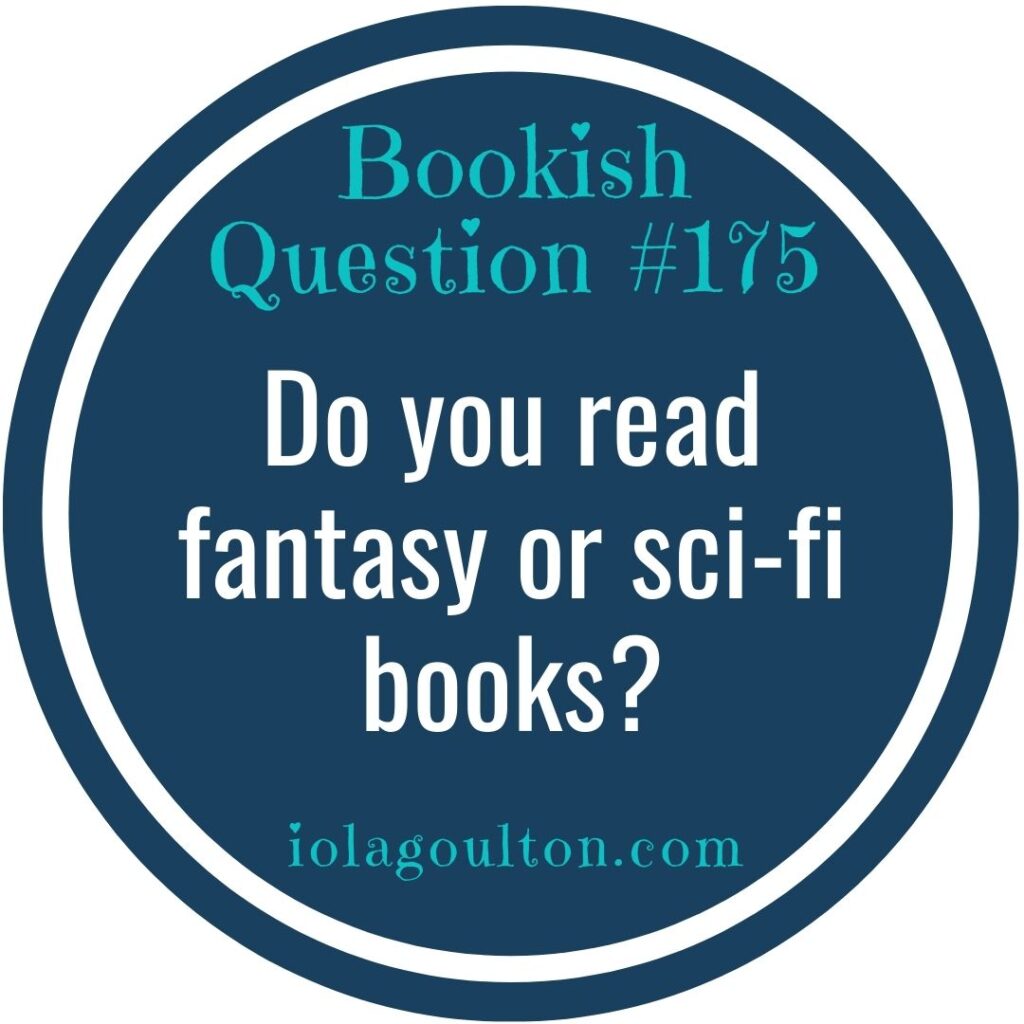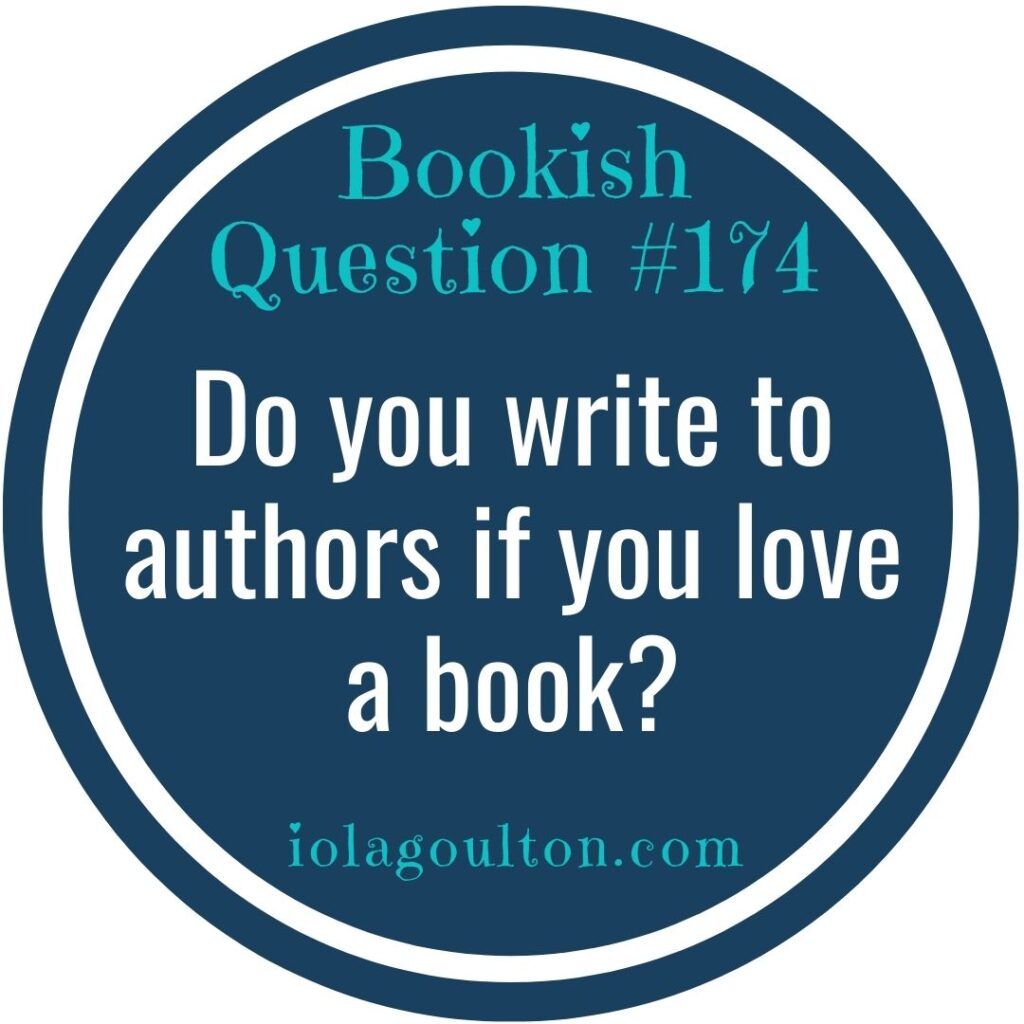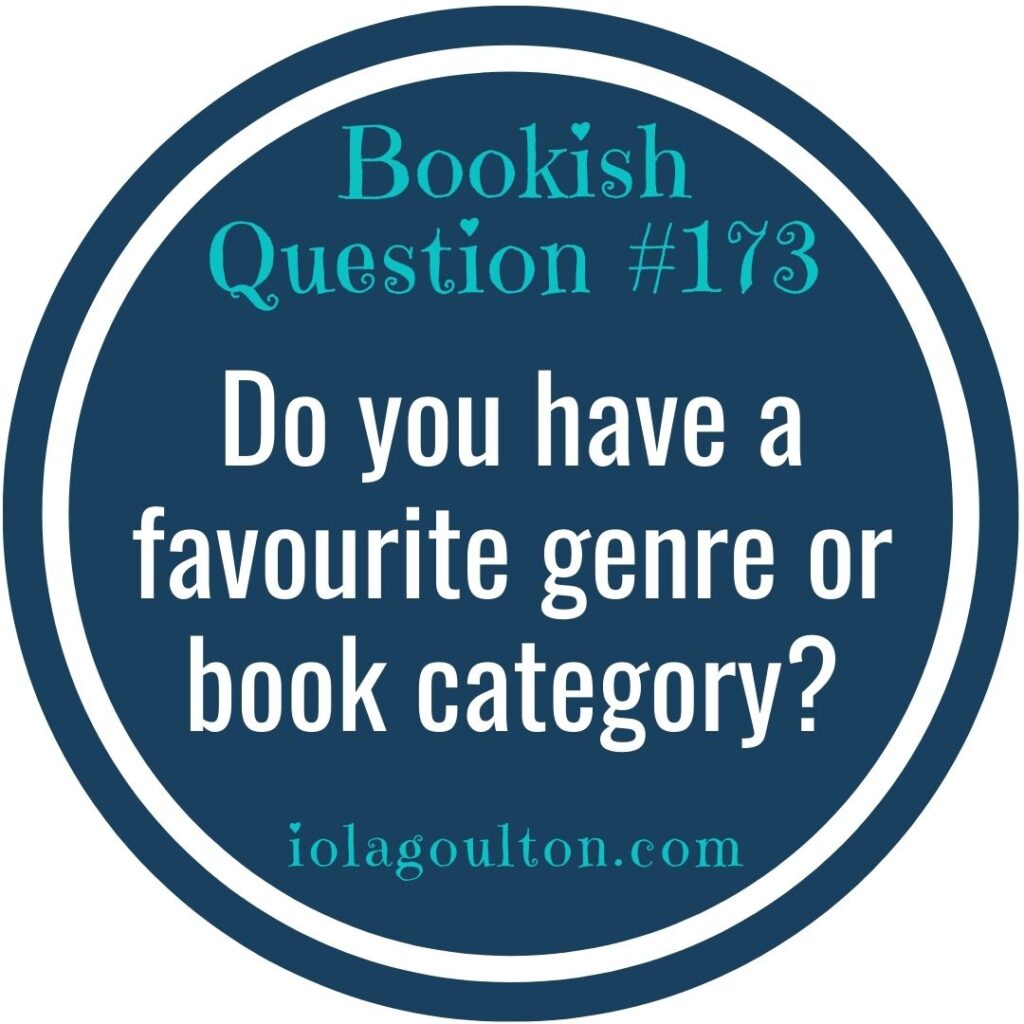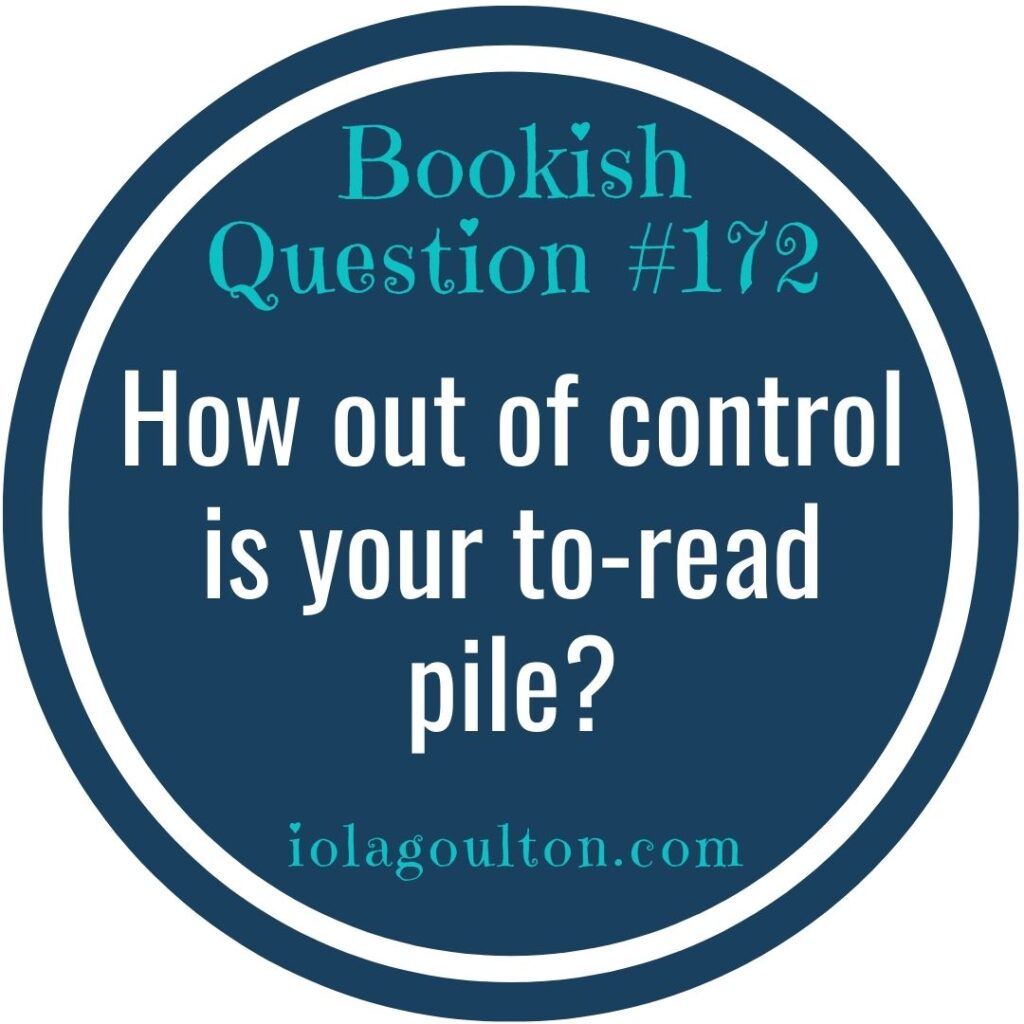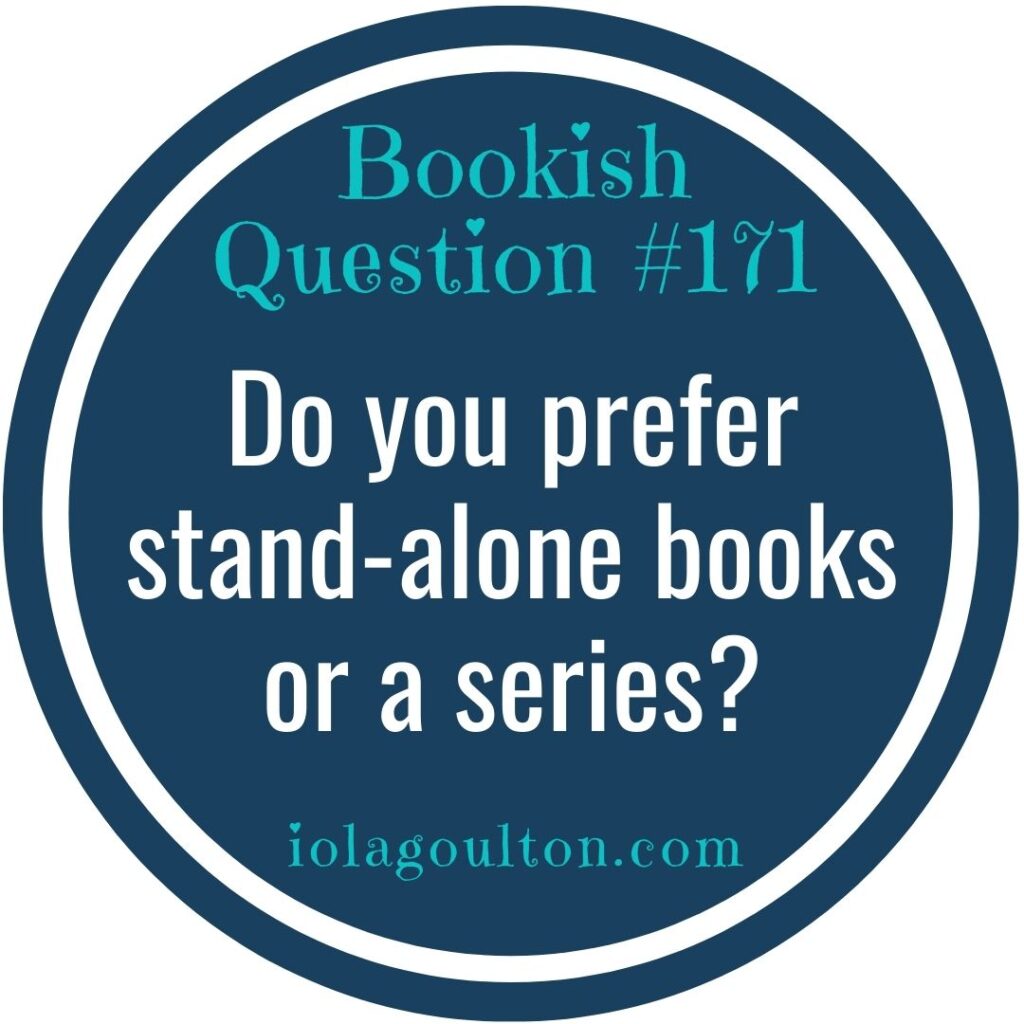Yes!
Factually incorrect information is one of my bugbears with fiction.
It is something that will pull me out of a book. I don’t mind differences of opinion: novels are built on conflict, and having characters with different views is a great way of showing different perspectives. (If you’re looking for an example, I recommend When Twilight Breaks by Sarah Sundin, which shows why many Americans in the 1930s thought Hitler and the Nazis were a force for good.)
Some people might say it’s only a story, that it doesn’t matter if the female character would have worn that style dress or eaten that particular food in that year. Some people will then yell at the TV movie when a character takes off in a 747-200 but lands in a 747-300. As such, we will ignore the views of some people.
Good historical fiction teaches facts along with a good story.
Great historical fiction uses the facts of history to offer an insight into our own culture and beliefs.
True story: I credit Elizabeth by Susan Kay with helping me pass my final school history exam. I loaned the book to a couple of friends, and it helped them as well. How? Because historical fiction gives historical figures personalities and emotions in a way textbooks don’t.
Textbooks often focus on the “what” and forget the “why”. Fiction focuses on the “why”, because the “why”, the motivation, is critical for a compelling plot.
As such, I am annoyed when historical fiction makes elementary or significant errors because people learn from books. If people are learning, authors have a responsibility to ensure that what they are teaching is correct. No, the characters wouldn’t have been singing “God Save the Queen” in 1944, because 1944 England was ruled by a king (the title and words of the song changed in 1953, when Elizabeth became queen. They’ll change back when Charles becomes king).
I am relatively forgiving of errors in older books.
By “older”, I mean published before the internet placed the whole of human knowledge at the fingertips of anyone with an internet connection. I am less forgiving of books written in the last twenty years. If I can fact check from my smartphone or Kindle, the author can fact check while they’re writing.
My favourite historical novels are the ones that start with a disclaimer that they are very sorry, but they moved the date of a particular well-known event by two weeks to better suit the storyline. That tells me the author cares about the history to both research it, and to follow it. Even better, I love the historical novels that finish with a short author’s note that sheds light on some of their research.
Sharon Penman does a great job with this. I can’t remember the details, but one of her novels had a scene with a character yelling insults to his sister from a balcony. In the author’s note at the end, she shared this somewhat unbelievable scene was straight out of the history books.
Penman’s impeccable research stuck with me, even if aspect of her stories didn’t.
Elizabeth Camden is another author who did this well. In Prince of Spies, Luke Delacroix volunteers as a human food tester. The project aims to determine what food additives are safe for humans to eat, and at what levels. This is based on real trials started in 1902 by Dr Wiley (who was later appointed as the first head of the US Food and Drug Administration). Wiley’s subjects were known as the Poison Squad, as some of the additives literally poisoned them.
But I can think of two exceptions.
One exception relates to marriage age.
Most people know that females married younger in years gone by. In Biblical times, girls were often married not long after they reached puberty, and often to men twice their age or more. Teenage marriages were common in past centuries (and still are common in some countries and faith groups e.g. the Amish).
However, I have no interest in reading stories in which teenage girls marry, especially when they are younger than the current age of consent. There are current news stories about adult men having relationships with girls (and I use that word deliberately) young enough to be their daughters … in some cases, girls younger than their own daughters. I’m not a fan of big age gaps in relationships, so it won’t surprise you to learn Emma is my least-favourite Austen novel.
We need to renormalise and promote marriage as being between two consenting adults, not promoting relationships that feature, force, or normalise relationships between teenage girls and men twice their age. Apart from my personal ick factor, this could be seen as promoting illegal behaviour. If fiction (especially Christian fiction) is featuring illegal or immoral behaviour, I want to see that behaviour clearly shown to be illegal, immoral, or both. We owe it to our daughters, nieces, and granddaughters.
Another exception is books written as alternative histories.
I find alternative histories fascinating, because they are intriguing looks at what might have been.
For example, both Fawkes and Romanov by Nadine Brandes are speculative adaptations of two famous real-life families. Fawkes refers to Guy Fawkes, the man behind the 5 November 1605 Gunpowder Plot to blow up the English Houses of Parliament. The story is a fantasy novel about his son, which presents a convincing fictional reason behind the plot.
Romanov is about the murder of the Russian Royal Family in 1918, and is a speculative look at what might have happened to Anastasia Romanov (who has long been rumoured to have escaped the fate that met the rest of her family).
I’ve recently watched The Man in the High Castle, another alternative history. It’s set in the 1960’s, but Germany won World War II and the USA is now split between Germany (in the east) and Japan (in the west), with a “lawless” neutral zone in the middle. I’ve also watched the first two series of For All Mankind, in which the Russians were first to the moon.
All have been excellent … but all have clearly been alternate history, so I expect and anticipate departures from historical fact.
What about you? Do you think it’s important to have all the facts right in a historical novel?
(Have I convinced you?)

